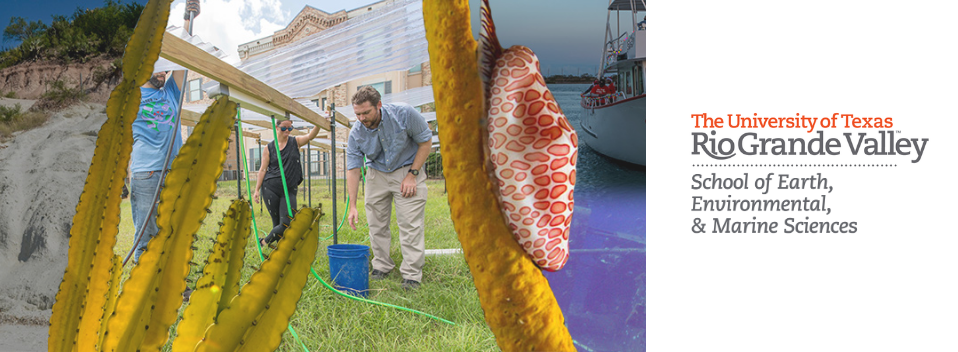
School of Earth, Environmental, & Marine Sciences Faculty Publications
Document Type
Article
Publication Date
8-10-2022
Abstract
Turtle populations around the world are continually confronted with changing environments that affect their ecology and conservation status. Among freshwater turtles, population dynamics are thought to be mediated by complex yet often cryptic causes. One recent direction of focus in addressing these causes is the turtle-associated microbiota. In turtles, the gut- associated microbiota is of exceptional interest due to its continual association with host species under changing conditions. Diet-based fluctuations and changes in microbial diversity may correspond to varying external environments at both the individual and population level. Environmental responses are of particular interest due to the anthropogenic changes that may underlie them. Pollutants, disruption of climatic patterns, and habitat fragmentation all have the potential to affect turtle-associated microbiota and subsequent population and species conservation. To better understand potential human-induced changes, the diversity of turtle-associated microbiota over local spatial gradients must be better understood. We examined microbial community alpha- and beta-diversity among 30 adult False Map Turtles (Graptemys pseudogeographica) at three sites within the lower Missouri River, United States. Our results indicate significant microbial community centroid differences among sites (beta-diversity), which are likely mediated by various local environmental factors. Such factors will have to be carefully considered in any future attribution of anthropogenic determinants on turtle-associated microbiota as it relates to turtle population dynamics.
Recommended Citation
Joseph D. Madison, Madeline M. Butterfield, Drew R. Davis, and Jacob L. Kerby "Spatial Variation of False Map Turtle (Graptemys pseudogeographica) Bacterial Microbiota in the Lower Missouri River, United States," Journal of Herpetology 56(2), 258-265, (10 August 2022). https://doi.org/10.1670/20-100
Publication Title
Journal of Herpetology
DOI
10.1670/20-100


Comments
Open access. Copyright 2022 Society for the Study of Amphibians and Reptiles. Original published version available at https://doi.org/10.1670/20-100